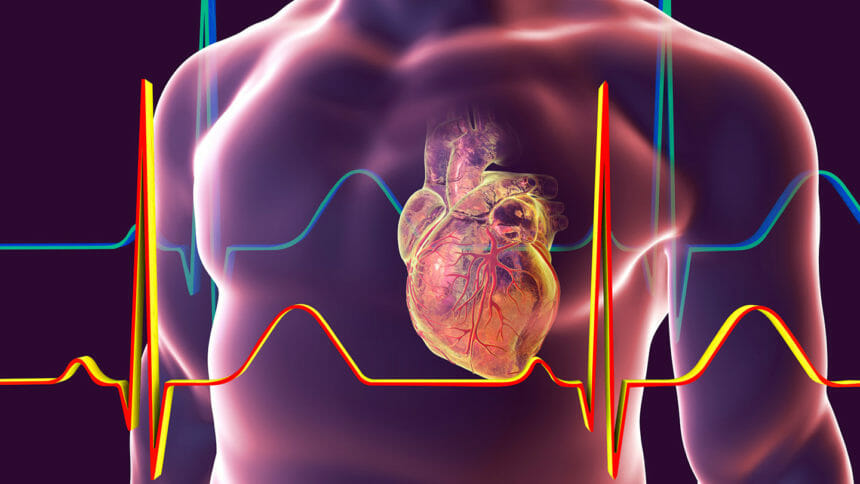
COVID-19 patients are at high risk of developing new heart and blood vessel problems up to at least one year after becoming infected, according to the first large study of its kind.
The findings were drawn from an analysis of 11 million U.S. veterans’ health records. The more severe the SARS-CoV-2 infection, the higher the patient’s increased risk of developing one of 20 cardiovascular illnesses. These include stroke, heart attack and arrhythmias, investigators reported.
Yet patients with milder disease weren’t spared. Even those who weren’t hospitalized had more risk of long-term cardiovascular disease than those who weren’t infected, according to a report on the study from Science.
One leading U.S. cardiologist called the findings “stunning,” the news outlet reported.
“If anybody ever thought that COVID was like the flu, this should be one of the most powerful data sets to point out it’s not,” said Eric Topol, M.D., a cardiologist at Scripps Research. The results are “impressive” evidence of how the effects of COVID-19 can linger, a phenomenon commonly called long COVID, he told Science.
“This is clearly evidence of long-term heart and vascular damage,” the study’s senior author, Ziyad Al-Aly, M.D., a clinical epidemiologist at Washington University in St. Louis and chief of research at the VA St. Louis Health Care system, told the news outlet.
Long COVID consequences
What’s more, the results suggest that similar problems also could be happening to the brain and other organs. This could result in long COVID symptoms, Al-Aly said. A coordinated response is urgently needed to address the public health challenges that will accompany these illnesses, he and his colleagues wrote in the study, which was published in Nature Medicine.
“Because of the chronic nature of these conditions, they will likely have long-lasting consequences for patients and health systems and also have broad implications on economic productivity and life expectancy,” they wrote.
Other studies also have found lasting damage to the heart following a bout with COVID-19. One published in July showed evidence of heart inflammation on imaging scans. A more recent study found that more than 10% of COVID-19 patients develop new illnesses, including heart rate abnormalities.
In each case, the authors suggested that clinicians be alert to signs of new illness early in the course of COVID-19.




